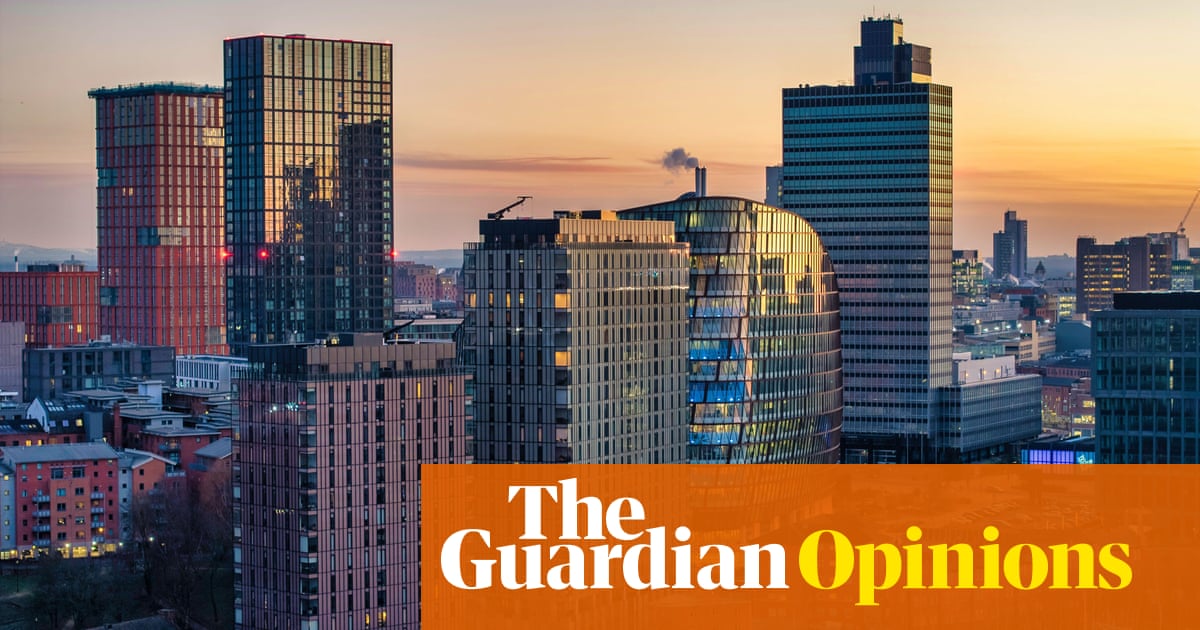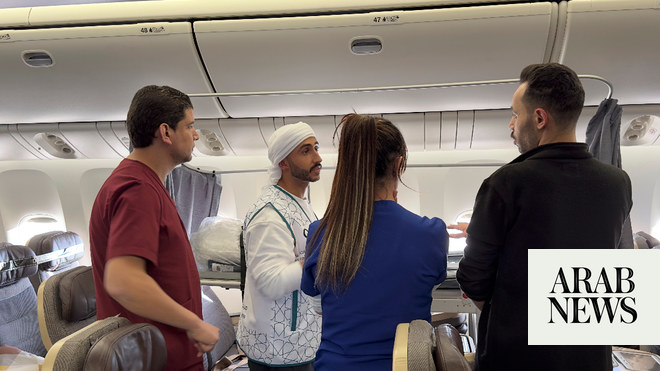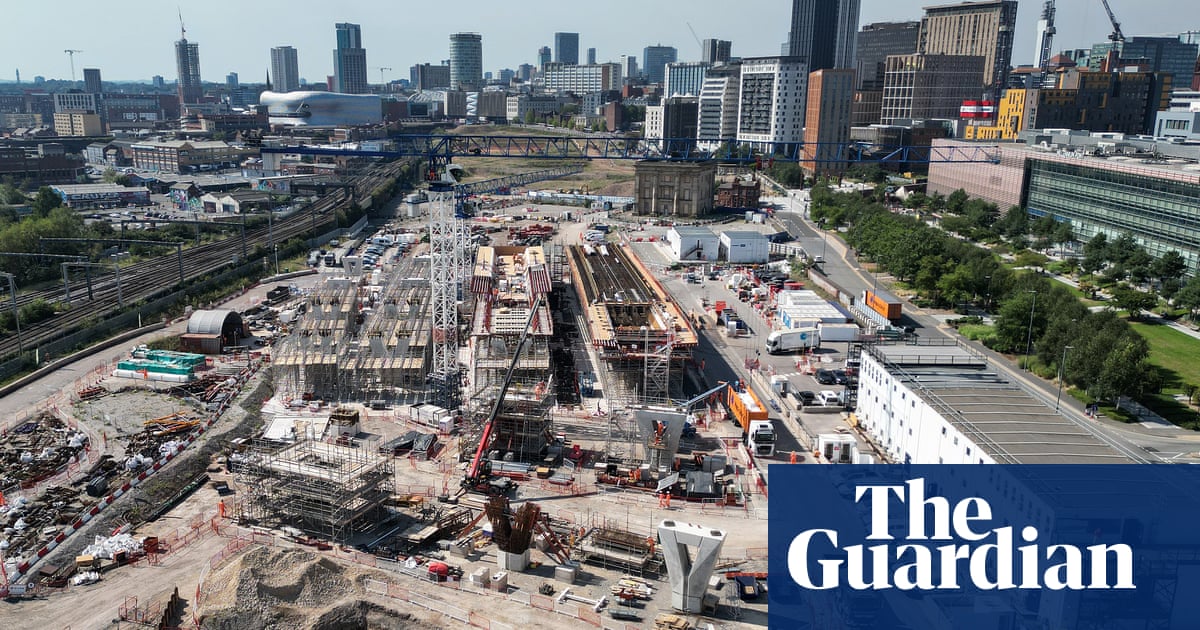
After I spent a day showing the secretary of state for levelling up some of the transformative projects in my area, a reporter asked Michael Gove what his new job was about. His answer was simple: “If you want to see what levelling up looks like, come to Teesside.” Having been scorned, patronised, belittled or simply ignored for years by the Whitehall establishment, it’s fantastic to finally be recognised as a shining example of what the government’s most important policy ought to look like on the ground.
“Levelling up” is a phrase on everyone’s lips at the moment, and it has been uttered often during the Conservative party conference this week. Indeed, in his speech in Manchester yesterday Gove defined it further and spoke of “making opportunity more equal”. The idea is especially important for the prime minister, who knows that the “red wall” voters who backed him at the last general election are now hoping he will deliver opportunities that once seemed impossible for their communities. Being acknowledged is important; but just as with Brexit, voters want not platitudes but real delivery.
The aspirations of people in Tees Valley, where I am the elected mayor, are much like those of people in any other part of the country. They need good-quality, well-paid jobs to support their families; they want to see opportunities to transform their communities seized, rather than watching those chances pass them by. People want to see that their children and grandchildren can build a future with hope.
However, this doesn’t mean that in every place the same challenges need to be tackled the same way. That’s why regional mayors are essential to delivering on the promise of levelling up.
It will definitely take time for the fruits of mayoral devolution to be realised. In the meantime, the government needs to continue to take direct positive action. Setting up freeports in places such as Teesside has been a great first step. Making the right infrastructure investments is important too, and the government can already press ahead with projects that include the new Tees crossing, which will alleviate congestion on the existing road over the River Tees. This is not just needed to improve journey times; it is essential to ensure we get the full job-creation benefits of freeports.
However, with drive, focus and passion elected mayors can achieve a huge amount even in a relatively short time. In my four years, I’ve found being a successful mayor is all about working, listening to and communicating with local people and government, and keeping a steady focus on tackling the biggest challenges.
Mayors need to reject petty point-scoring and party-political grandstanding in favour of prioritising the things that will deliver a real, visible difference for local people. I’ve fought to secure better transport links by land, sky, and sea, including through bringing Teesside airport into public ownership and saving it from closure; making sure we’re a centre of business, not on the margins.
I spearheaded the compulsory purchase of the former SSI steelworks site from a group of Thai bankers who were trying to hold local communities to ransom, and now the site has been reborn as Teesworks, the country’s biggest industrial zone. In conjunction with the Teesside freeport, this has allowed us to bring in thousands of high-quality wind-turbine manufacturing jobs, as well as net zero plans that are putting Teesside at the heart of a green industrial revolution.
I’ve also successfully made the case to government that we can and should host the government’s new economic campus. With Treasury North and Trade North now setting up in Darlington, alongside the Office for National Statistics and Department for Business, Energy and Industrial Strategy, talented local people have a real opportunity to build a great career at the same time as contributing to their communities.
There’s a lot more to do, but it shows that mayors can deliver. Some people might be cynical about local authorities’ ability to rise above the parochial to deliver big strategic projects. Others might question how genuinely local regional mayors can be, and draw comparisons to the gulf between Nicola Sturgeon’s overcentralised authority and communities at a more local scale. However, done right, mayors can strike the balance between having the scale of powers and responsibilities needed to address big problems while being local enough to be in touch, on top of their region’s big issues, and meaningfully accountable. Turnout in the mayoral elections here on Teesside increased by more than 50% once people started to see the difference their mayor could make.
Central state planning cannot be the answer to our country’s most entrenched problems. Key decisions should not be left to Whitehall officials who have no idea where towns such as Loftus or Billingham even are; people are much better off with the power to transform their own communities. That’s why the mayoral model doesn’t just need to be expanded across the country – it needs to become deeper and more flexible.
Whitehall must stop trying to micromanage. Instead, in a way never seen before, government needs to give mayors freedom to adapt to opportunities and commit funds where necessary to enable different places to tackle their specific problems.
That’s the kind of devolution that will deliver true levelling. Now the government needs to hold its nerve to follow through on this agenda, putting faith in local people, so the whole country can benefit.
Ben Houchen is the Conservative mayor of Tees Valley












